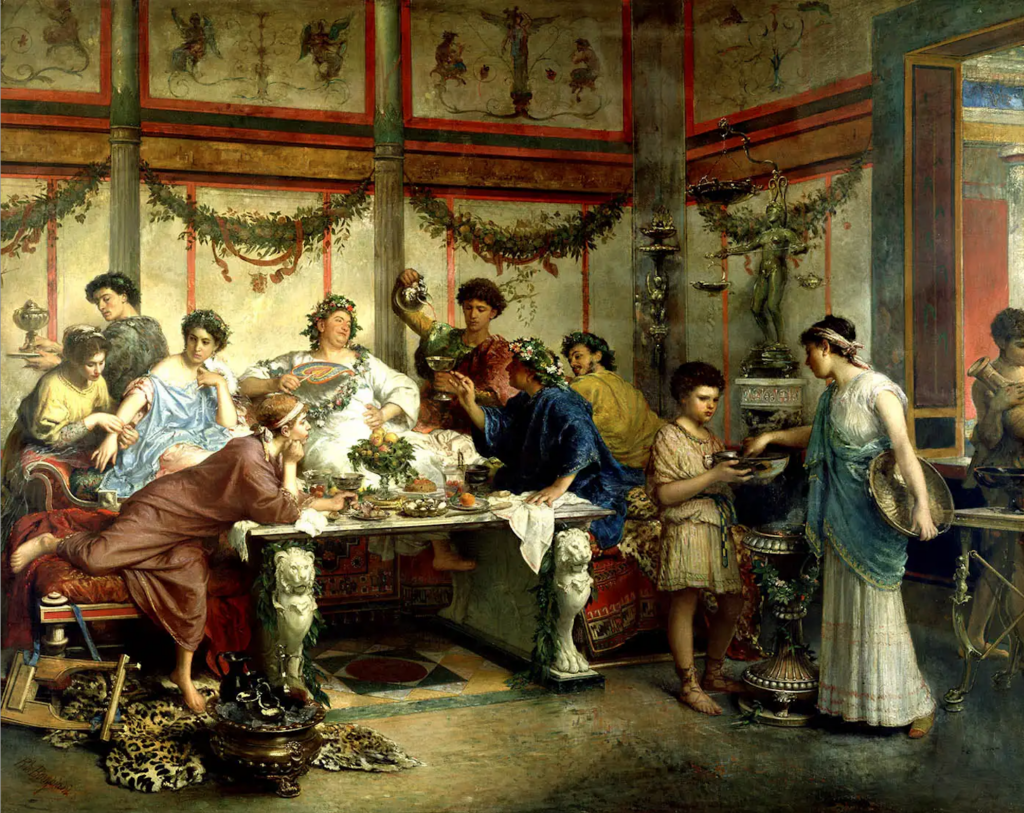“Fine wine is not for me because I don’t have the knowledge”. It’s a concern we hear often, and one we absolutely refute.
This week, we are exploring why the snobbery of fine wine should be considered ancient history. The past two decades have cracked the wine world wide open. For some, it’s been a discovery of the ever-diversifying array of great wines out there for drinking. For others, the more financial aspect of investing in fine wine as a real asset has drawn them in. Both scenarios have yielded encouraging trends, breaking the pre-existing social barrier linked to wine. Long gone is the sentiment that fine wine is reserved for “aristocracy”.
And yet somehow, even those with serious investment collections can buckle under the pressure when tasting alongside (often self-declared) wine connoisseurs.
What actually is “fine wine”?
First, let’s start with the basics – what is “fine wine”? It is typically defined as wine of high quality achieved through an expert winemaking process, the influence of a unique terroir, and made by a renowned and/or gifted winemaker. Produced in limited quantities, fine wines are also designed to improve with age.
Beyond this basic definition, the bulk of further details about a given fine wine are subjective. Granted, it helps to know that red Burgundy is made from Pinot Noir, or that Bordeaux has “left” and “right” banks, but these information nuggets are not essential to evaluate whether you like or dislike the taste of a fine wine.
Wine connoisseur 101
Once you get “the bug”, it’s hard to stop seeking new wines and wine knowledge. Regions, styles, producers, grape varieties, vintages – you name it, we’ve geeked out on it. But do we need to know what proportion of the harvest is fermented in whole bunches to appreciate the finished product? Absolutely not. All you need is your nose, taste buds, and a healthy dose of curiosity.
Some traditional fine wine brands seek to complexify, under the assumption that more complication equals more sophistication. In reality, the main question prospective collectors should ask themselves before embarking on the long journey toward obtaining “connoisseur” status is: “how much do I actually care”? If the answer is “not much” (we won’t tell), then simply being able to recognise wine styles that you like or dislike is enough. If, like most 1275 clients, the answer is “enough to have fun, and understand what I’m enjoying”, then it’s worth investing the time to visit a wine region or two, as the knowledge you acquire will contribute to the fun-factor.
Vinocracy
And while democratisation of fine wine is to be celebrated, the harsh reality is that fine wines become ever-more capitalist. The very best are made in diminishing quantities, with rising production costs, and so will simply continue to rise in price. If we’re living in the golden era for tasting and discovery of good wines, the age of easy access to the world’s greatest wines is definitely behind us. Fierce competition continues to make acquisition of iconic collectibles with perfect provenance incredibly difficult.
This is one rare occasion where knowledge – at least in-depth knowledge of the wines themselves – does not equal power. Access and preservation are top trumps in fine wine today. Those playing the right cards at opportune moments will be rewarded in time, when the wine connoisseurs of the future come knocking at their doors, looking to try a piece of history at any price.

